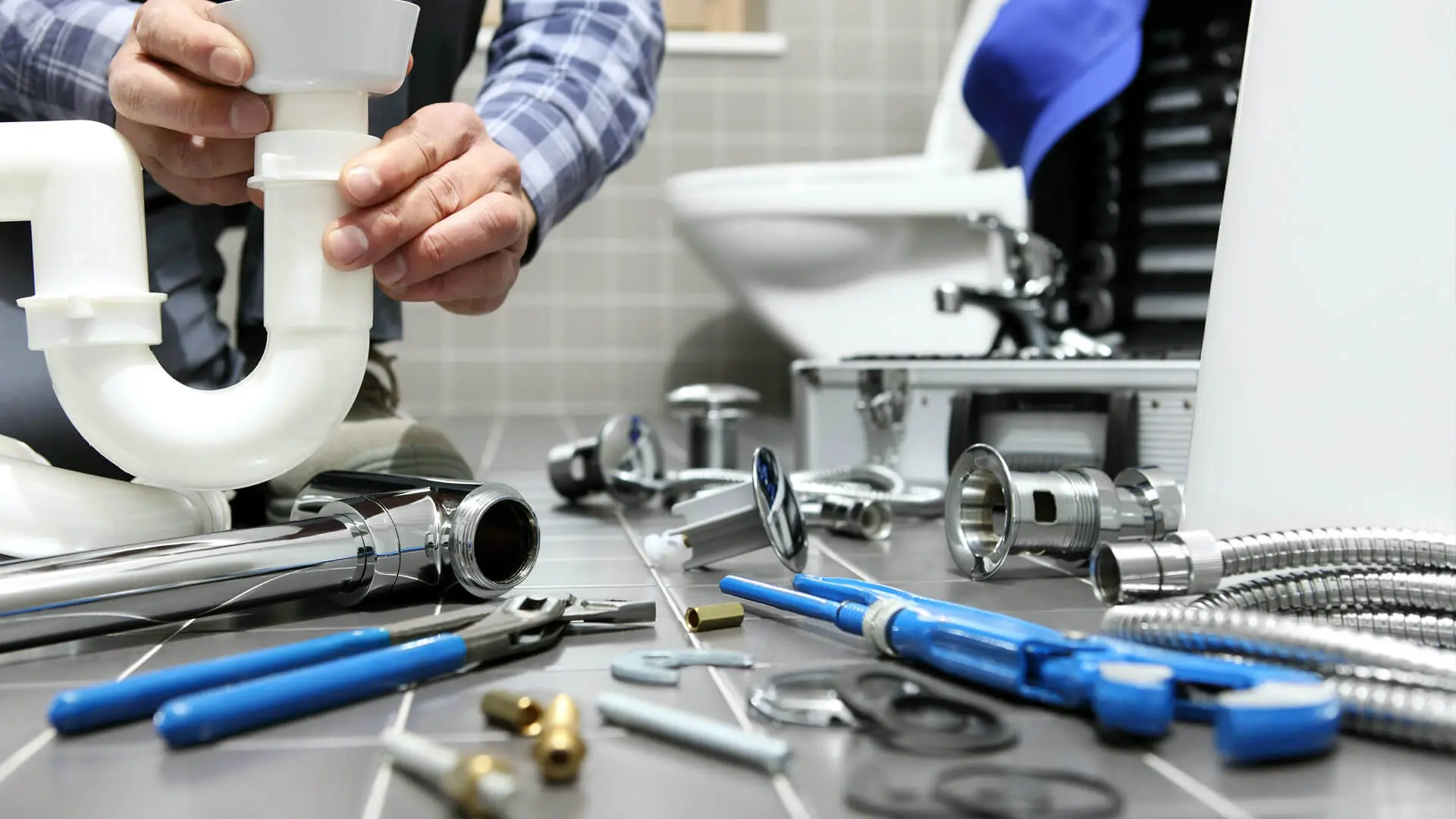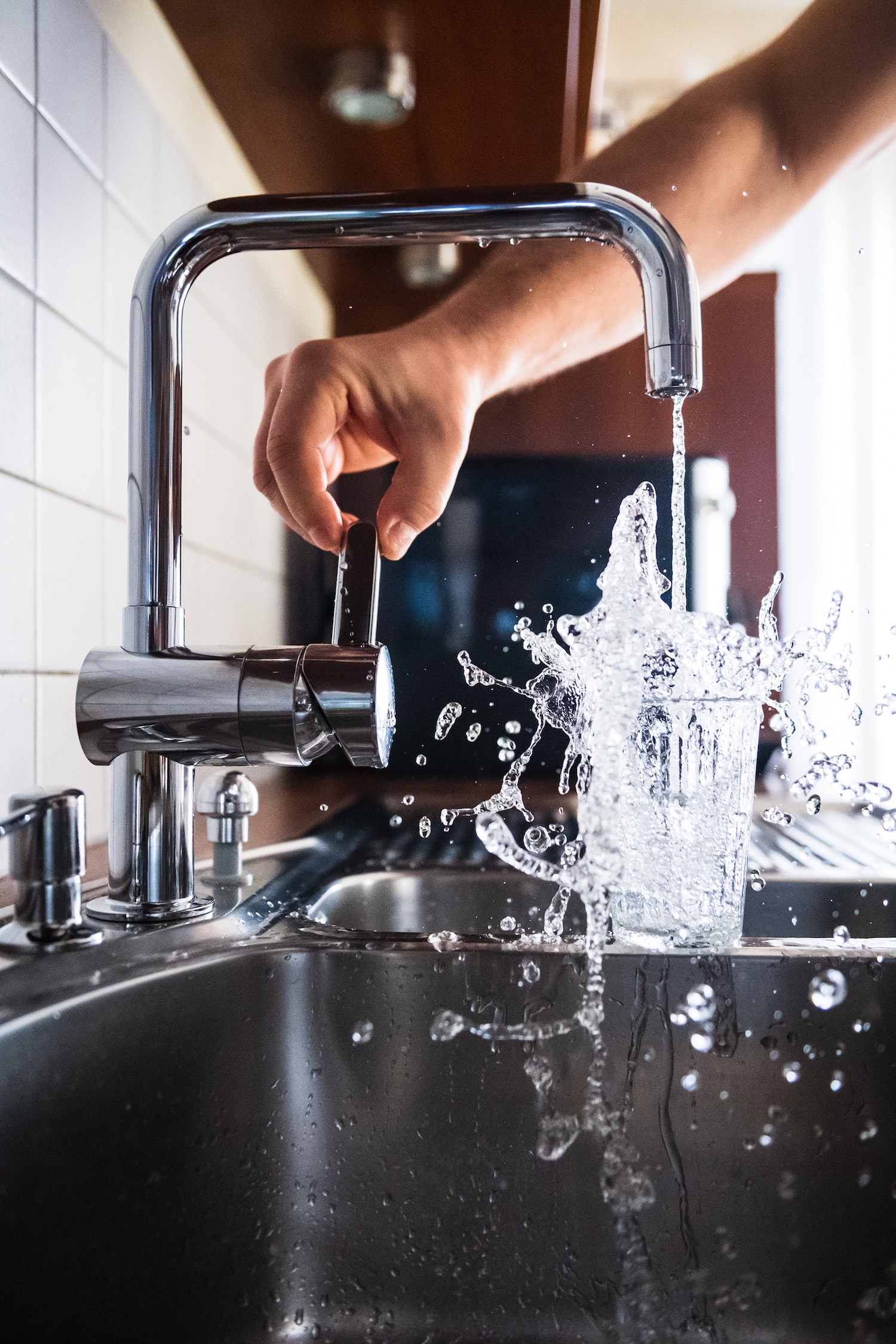Practical Plumbing Winterization Techniques to Secure Pipe Bursts in Chilly Conditions
Practical Plumbing Winterization Techniques to Secure Pipe Bursts in Chilly Conditions
Blog Article
This article in the next paragraphs about Winterizing Your Pipes is really captivating. You should take a look.

All home owners who reside in pleasant climates must do their finest to winterize their pipelines. It is something you must do throughout fall before deep winter season absolutely starts. Failure to do so can mean calamity like frozen, broken, or burst pipelines. Right here are some handy winterizing hacks to keep your plumbing system safeguarded even if the climate outside is terrible.
Try a Hair Clothes Dryer or Warm Weapon
When your pipes are virtually freezing, your reliable hair dryer or heat gun is a godsend. Bowling hot air straight into them may assist if the hot towels do not assist displace any working out ice in your pipes. Nonetheless, do not make use of various other things that create direct flames like a blow lantern. This can lead to a larger disaster that you can not control. You might wind up destructive your pipelines while attempting to melt the ice. As well as over time, you may even wind up burning your house. Beware!
Open Cupboard Doors Hiding Plumbing
It would certainly be useful to open up cabinet doors that are concealing your pipelines when it's chilly outside. For example, they could be someplace in your kitchen area or washroom. This will enable the cozy air from your heating unit to distribute there. Because of this, you protect against these revealed pipelines from cold. Doing this tiny technique can maintain your pipes cozy and also restrict the possibly dangerous results of freezing temperature levels.
Take Time to Cover Exposed Piping
One clever and also simple hack to warm up freezing pipelines is to cover them with warm towels. You can cover them first with towels. After safeguarding them in position, you can put boiling water on the towels. Do it gradually to let the towels absorb the fluid. You can likewise utilize pre-soaked towels in hot water, simply do not neglect to put on safety handwear covers to guard your hands from the heat.
Activate the Faucets
When the temperature declines and it appears as if the icy temperature level will certainly last, it will assist to transform on your water both inside as well as outdoors. This will maintain the water streaming via your plumbing systems. You'll end up losing gallons of water this way.
Shut Off Water When Pipelines are Frozen
Shut off the major water valve instantly if you see that your pipes are completely icy or almost nearing that phase. You will usually find this in your basement or utility room near the heating system or the front wall surface closest to the street. Turn it off as soon as possible to prevent additional damage.
Do not neglect to close outside water sources, too, such as your hookup for the garden residence. Doing this will certainly protect against added water from filling up your plumbing system. Unfortunately, with even more water, more ice will certainly pile up, which will ultimately bring about break pipelines. It is best to call an expert plumber for an inspection if you are uncertain concerning the state of your pipelines this winter months. Taking this proactive method can conserve you countless bucks in repairs.
All home owners that live in pleasant climates should do their best to winterize their pipelines. Failure to do so can spell calamity like frozen, split, or burst pipelines. If the hot towels do not help remove any type of resolving ice in your pipelines, bowling warm air straight into them may assist. Transform off the major water shutoff quickly if you observe that your pipes are entirely frozen or nearly nearing that phase. With even more water, even more ice will certainly stack up, which will ultimately lead to rupture pipelines.
PREVENT YOUR PIPES FROM FREEZING THIS WINTER
A Leading Cause of Property Damage
When the weather is taking a deep nose dive into the cold dreary days, the risk of your pipes freezing and potentially bursting skyrockets. Unfortunately, during these cold dreary months, burst pipes are the most common denominator for property damage. The pipes that are most at the risk are those that are in areas where it is most cold in your home. For instance, pipes located in interior places such as basements, attics, and your garage. Unfortunately, that doesn’t mean that the pipes running through your cabinets or exterior walls can’t freeze. Good news, however, is that you can do things to help prevent pipes from freezing.
How to Prevent Pipes From Freezing
Once the temperature starts to drop during the winter, you should be taking the proper measures needed to ensure that your pipes stay warm and that there is circulation of water through them. Some steps that experts may recommend could go against your better judgement when it comes to saving water and heat. However, it would go without saying that when expenses are compared, damaged pipes could put a bigger dent in your wallet than a water bill.
What Can I Do?
Keep your garage door closed. This is very important, especially if you have water supply lines running through your garage. Open your kitchen and bathroom cabinets to allow warm air to circulate through them. Allow air circulation throughout your home. Keeping the interior doors open will once again allow the warm air to circulate inside your home. Ensure your thermostat is running the same temperature throughout the night and day. If you plan to be away from home during the cold months, set your temperature no lower than 55° F. This should provide enough heat to keep the pipes warm and prevent any remaining water inside the pipes from freezing. For more of a long-term solution, add insulation to attics, basement, and other crawl spaces around your home. By allowing your faucet to drip, it will alleviate pressure in the system. This is important because the pressure that is created between the blockage and the faucet can potentially cause the pipes to burst. Allowing the faucet to drip will prevent the pressure from building up, therefore keeping the pipes from bursting. Seal any cracks, openings, and crawl spaces around your home to prevent cold air from coming inside. This keeps your pipes-not to mention your home-warmer and less susceptible to issues caused by freezing temperatures. For the pipes in your home that are easily accessible, applying electrical tape to them might prevent them from freezing over. This is a quick fix, as you can apply the tape directly to the pipe. There are two options for heating tapes. One turns on and off by itself when it senses heat is needed. The other type of heating tape needs to be applied when heat is needed and removed when not necessary. If you have exposed pipes in your home, you can check this website to take a look at a few options that would be available at a shop near you.

We hope you enjoyed our topic about How to Prevent Frozen Pipes. Thanks a ton for taking a few minutes to read through our piece of content. Are you aware of another individual who is fascinated by the topic? Feel free to promote it. Thanks for taking the time to read it.
Quick fix? We're here. Report this page